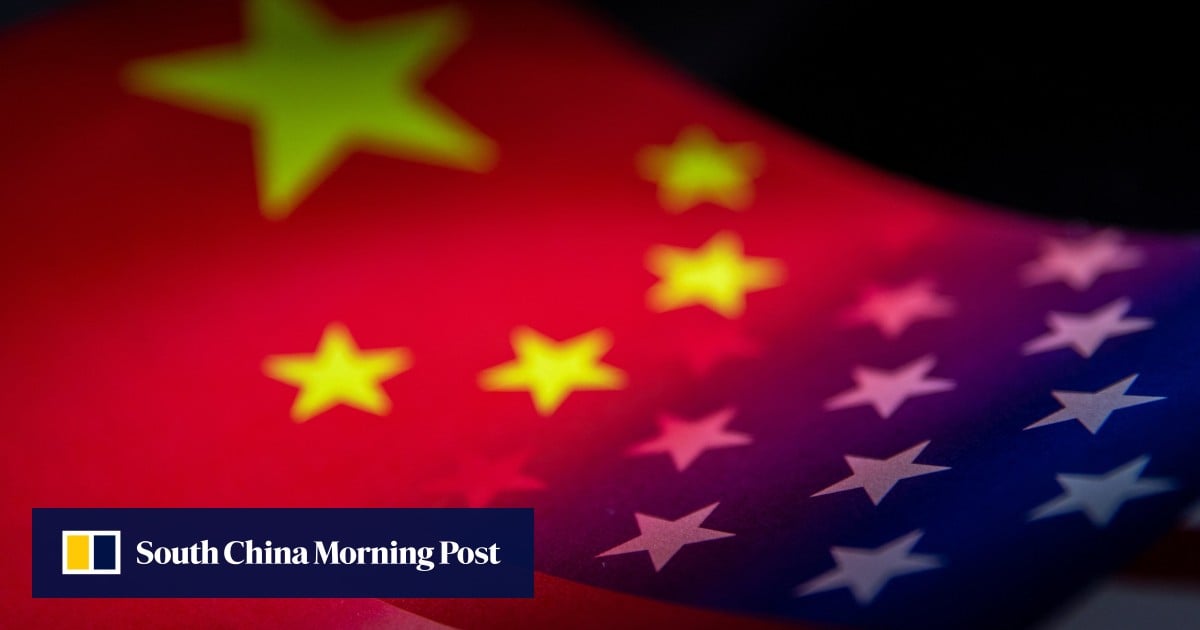
The delegation also met with international divisions of China’s Ministry of Commerce, the National Development and Reform Commission and the State Administration for Market Regulation, according to a source who spoke on condition of anonymity because of the matter’s sensitivity.
In ‘finance war’ with US, China risks staring down barrel of a capital quandary
In ‘finance war’ with US, China risks staring down barrel of a capital quandary
However, members of the US chamber were said to have expressed doubts on issues such as the effectiveness of working groups established by the US Department of Commerce and Treasury, as well as on China’s motivation to resolve problems in the pharmaceuticals market.
“All capital expenditures moving forward are largely not in China,” the source said. “They are seeing a slow reorganisation of global capital expenditures flow.
“Despite this, China is still important.”
The wait-and-see approach being adopted by US businesses comes at a time when Beijing is trying to revive market confidence and lure back investors.
“[We’ll] completely scrap restrictions on foreign investment in the manufacturing sector and also relax market standards for telecommunications, medical and other service industries,” Li said.
We have reached an inflection point in the Chinese market, which requires [multinationals] to reassess growth and profit expectations
Alfredo Montufar-Helu, head of the China Centre for Economics and Business at The Conference Board, noted that while many multinational companies (MNCs) were thinking about fine-tuning strategies, they were not looking to leave the country.
“The majority are taking a wait-and-see approach towards future investments in the Chinese market, which is not surprising given the disruptive effect that economic, market and geopolitical factors are having in the business landscape,” he added.
“We have reached an inflection point in the Chinese market, which requires MNCs to reassess growth and profit expectations.”
The US business community, including multinational firms and Wall Street banks, has been a vocal proponent of good relations with China, as the world’s second-largest economy not only provides low-price but high-quality consumer goods, it also seeks more American services.
Avoid harmful ‘blind investments’ in China’s digital economy, delegate says
Avoid harmful ‘blind investments’ in China’s digital economy, delegate says
Despite high-level official visits since last year and frequent working-group meetings this year, Beijing has grown weary of mounting US tech curbs, Washington’s investigation into Chinese electric vehicles, and also a potential jump in import tariffs in the run-up to the presidential election in November.
Lin Han Shen, the China country head at The Asia Group, said Gallagher’s departure may lead to a more “fragmented” strategy by the US House of Representatives on China.
“His departure will be a symbolic blow to the committee, which may not be re-established in the new January 2025 Congress,” Lin said.
Doug Barry, a Washington-based consultant who follows US-China trade, said that China’s imports of agricultural products from the US are likely to continue at current levels, particularly in terms of feedstock.
“Quantity will vary somewhat depending on growing conditions in competitor countries such as Brazil and Russia,” he explained. “Given limited sources and China’s own less-than-robust production, the US will continue to be a major supplier.”
In a formal statement on Friday, the US Chamber of Commerce said that it had “voiced deep concerns about looming overcapacity from China” and had “conveyed business concerns regarding China’s use of heavy-handed commercial pressure tactics, digital protectionism, and intellectual property theft”.
The chamber did not immediately respond to a request for comment about its delegation’s China visit.

